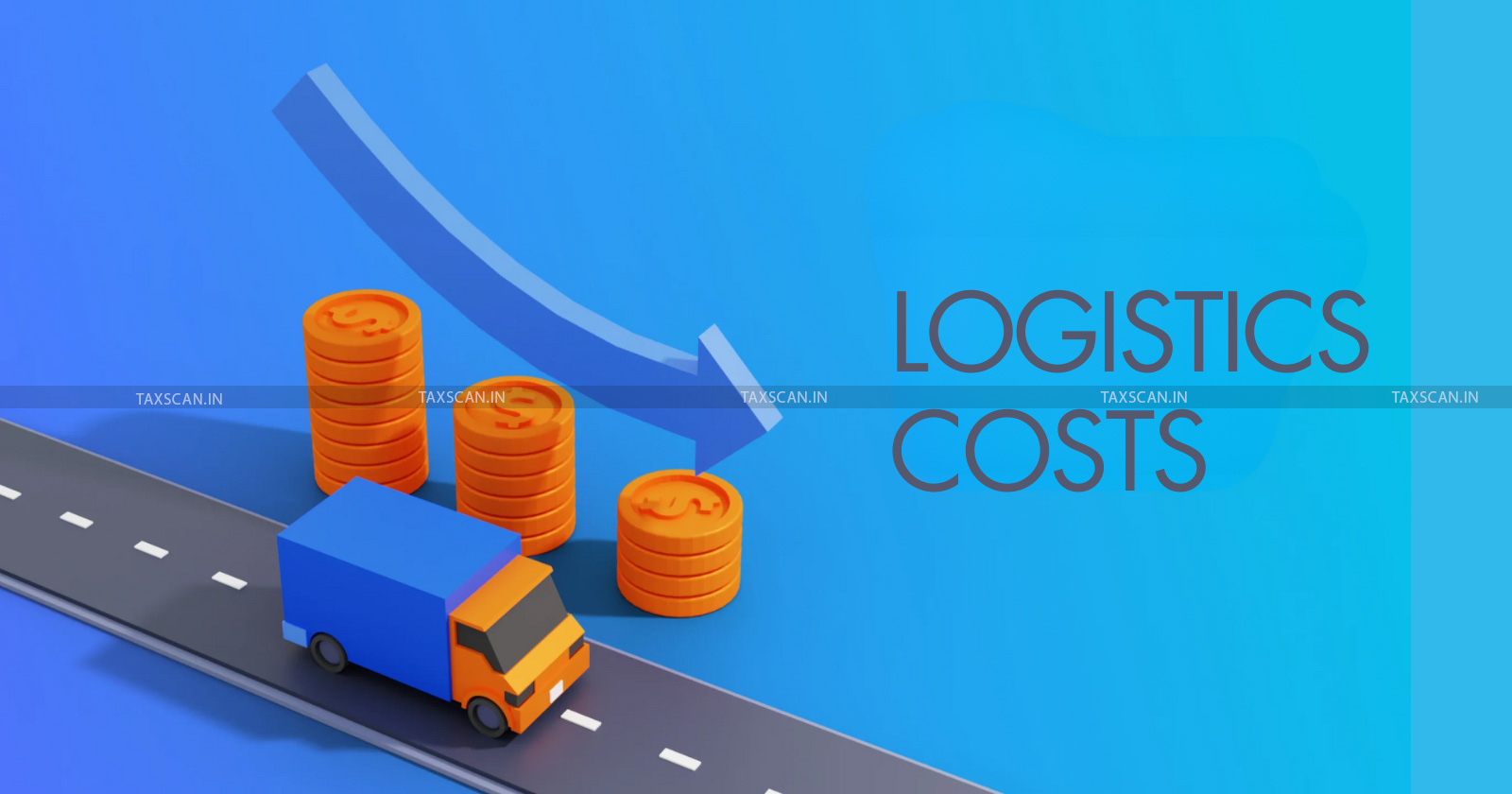‘One Nation, One Tax’ ( GST ) helps in Reducing logistics costs, Impacted in Trade Facilitation: Economic Survey 2023-2024
The reduction in logistics cost is reflected in an improvement in India’s rank on the World Bank’s Logistics Performance Index (LPI), which improved by six places to 38th in 2023 from 44th in 2018 out of 139 countries

Union Finance Minister Nirmala Sitharaman presented the Economic Survey 2023-24 on July 22. Following the presentation, Chief Economic Adviser Dr. V. Anantha Nageswaran held a press conference to address media queries regarding the survey.
The survey pointed out that ‘One Nation, One Tax’ ( Goods And Service Tax ( GST )) helped in reducing logistics costs which finally impacted trade facilitation. The reduction in logistics cost is reflected in an improvement in India’s rank on the World Bank’s Logistics Performance Index (LPI), which improved by six places to 38th in 2023 from 44th in 2018 out of 139 countries.
The Government has undertaken various measures to enhance production capacity, promote exports and reduce logistics costs involved in international trade. The Government has also streamlined trade processes, enhancing transparency and promoting cooperation among stakeholders through initiatives such as Turant, Customs, Single Window Interface for Facilitation of Trade (SWIFT), pre-arrival data processing, e-Sanchit, Coordinated Border Management, etc.
The Central Board of Indirect Taxes and Customs (CBIC) has undertaken various technological initiatives to facilitate trade. The Survey mentions that the initiatives resulted in an improvement in India’s performance in the United Nations Economic and Social Commission for Asia Pacific's (UNESCAP) Global Survey on Digital and Sustainable Trade Facilitation. In the survey, India scored 93.5 per cent in 2023 vis a vis 90.3 per cent in 2021.
The reduction in logistics cost is reflected in an improvement in India’s rank on the World Bank’s Logistics Performance Index (LPI), which improved by six places to 38th in 2023 from 44th in 2018 out of 139 countries. With the introduction of cargo tracking, dwell time in the eastern port of Visakhapatnam fell from 32.4 days in 2015 to 5.3 days in 2019.
The Economic survey acknowledges that the Goods and Services Tax ( GST ) has played a remarkable role in reducing logistics costs. The ‘One Nation, One Tax’ regime has ensured that trucks do not have to wait for hours on state borders, which has reduced travel time by up to 30 per cent. This has reduced the logistics cost and increased the average distance trucks travel from 225 km before GST to 300325 km, as per a Ministry of Road Transport and Highways report. This has been a great value, adding to the ease of doing business and the growth of manufacturing in the country.
Support our journalism by subscribing to Taxscan premium. Follow us on Telegram for quick updates


